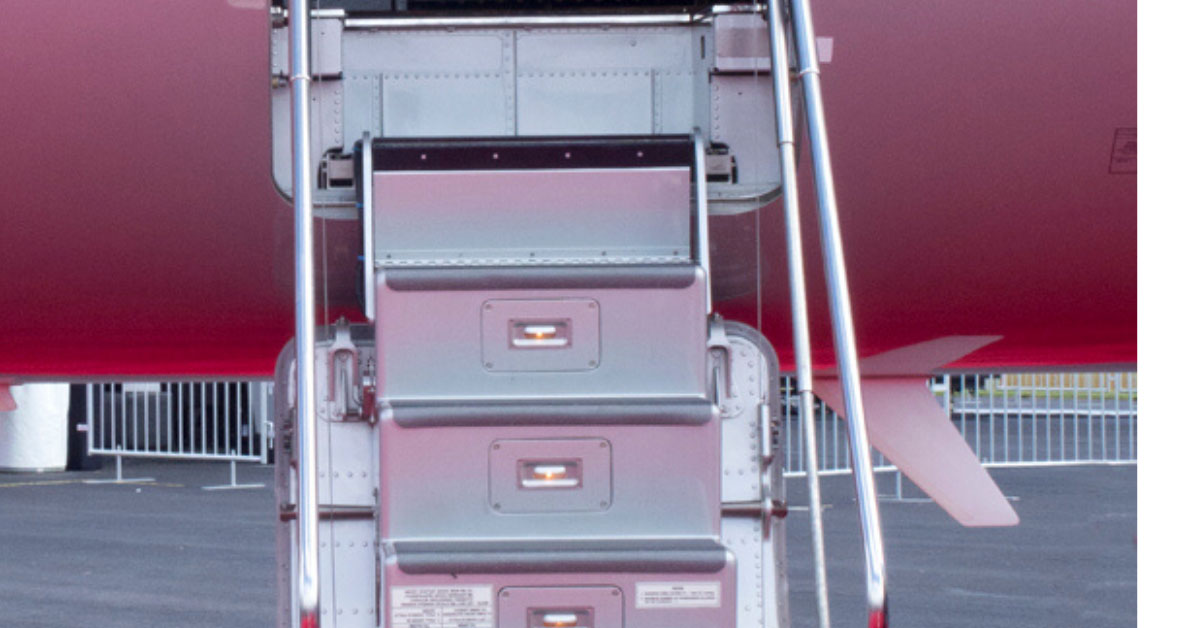
You bought a jet. Congratulations! You plan to utilize your plane and charter your jet to third parties. Now you need to understand what it means when you say “my aircraft is chartered”.
Basic Lingo About Chartering Your Aircraft
- The charter company, not you, “charters” the aircraft to the charter customers
- The aircraft, not your entity, must meet the FAA qualifications in order to be a charter aircraft that the charter company, “charters” to charter customers
The Charter Company, Not You, “Charters” the Aircraft
Aircraft owners say “I charter my plane when I don’t use it”. Aircraft owners mean that the aircraft owner leases the plane to a charter company and the charter company operates the charter flights for charter customers. This involves a series of actions:
- The owner’s entity (Owner) owning the plane
- Owner leasing the plane to a charter company
- The charter company satisfying all of the FAA/DOT requirements to obtain and maintain a charter certificate issued by the FAA
- The charter company locating charter customers and overseeing the maintenance of the aircraft
- The charter company operating the charter flights for the charter customers
It is important that you as the owner, your tax advisor and any charter customers you advise to contact the charter company to charter your plane, have a clear understanding that although you own the plane, the charter company operates the charter flights. The charter company, not the aircraft owner, has the authority to operate a charter flight pursuant to the certificate issued to them by the FAA. If the FAA “ramp checks” a flight and the charter customer tells the FAA personnel that the owner is providing the charter flight, the FAA will probably open an investigation into why customers on a charter flight think that the owner, an entity with no governmental authorization, is providing them a charter flight.
Considerations Before Obtaining Your Own Aircraft Charter Certificate
If you want to be the party which is providing the charter flights, you must first obtain your own charter certificate. If you don’t like something about your charter company’s operations, try to directly address the problems with a decision-maker at your charter company or change charter companies. It is not easy, fast or cheap to obtain a charter certificate from the FAA. It can be a minimum of two years to jump through all of the hoops required and will take time and money.
Risks of Your Entity Providing a Charter Flight without a Charter Certificate
If your entity provides a flight (both aircraft and crew) to your friends in order to “charter” your aircraft to your friends, your entity and your aircraft are in violation of the US Federal Aviation Regulations (FARs), even if the friends only reimburse you the costs of the flight and you do not accept any profit. Penalties for regulatory non-compliance with aircraft are steep. In 2018, the FAA proposed a $3.3 million civil penalty against an entity for conducting aircraft operations in violation of the Federal Aviation Regulations and failing to hold a charter certificate. Additional taxes may also be due for these flights and the insurance underwriter may deny coverage for a claim made in connection with these flights if you told them you were a non-commercial operation or that all flights would be flown by the charter company.
The Aircraft, Not Your Entity, Must Meet the FAA Qualifications In Order To Be a Charter Aircraft
Above, you learned that despite what people say, your entity as the aircraft owner doesn’t provide charter flights, but that your entity leases your aircraft to the charter company and the charter company provides charter flights.
In order for the charter company to accept the lease of your aircraft so that the charter company can use your aircraft to provide charter flights, your aircraft must satisfy the FAA requirements to be added to the charter company’s charter certificate. In addition to other requirements, the aircraft must have all of the required burn certificates, must have all of the required avionics and the aircraft’s maintenance must meet the FAA’s requirements for charter (Part 135) aircraft.
Plan for Charter Use Before you Select the Plane to Buy
If your economic plan for your aircraft purchase involves recouping some costs by chartering the aircraft to others, look for an aircraft that your technical advisor believes will satisfy the FAA’s requirements for charter (Part 135) aircraft. If you have to put in new carpeting or new seats or retrofit the aircraft with expensive avionics in order for the aircraft to be chartered, you may not achieve your economic goals for your plane.
Since your entity is not providing the charter flights, your entity is not required to meet any FAA charter requirements, although your entity must meet the FAA’s universal requirements for an entity allowed to register an aircraft in the US.
Fit the FAA Requirements Into Your Business Plan
FAA requirements for chartering an aircraft can be confusing. Consult an attorney who is experienced in business aviation issues to advise you about how the puzzle pieces of Part 91 operations, Part 135 operations, liability issues, federal tax issues and state tax issues fit together and who will work with you on how these important aviation puzzle pieces also fit into your business plan.
Michelle M. Wade is an attorney with the law firm of Jetstream Aviation Law and counsels clients on the acquisition, financing and operation of corporate jets operated under Part 91 and Part 135 of the Federal Aviation Regulations. Jetstream Aviation Law can be found at www.JetstreamLaw.com.
The information provided here is not legal advice and does not purport to be a substitute for advice of counsel on any specific matter. For legal advice, you should consult with an attorney concerning your specific situation.
